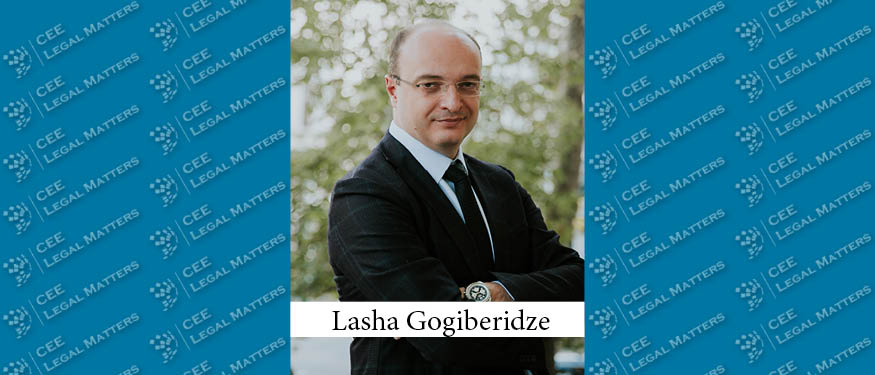Georgia’s legal market has seen limited meaningful legislative activity over the past year, with political developments dominating the agenda, according to BGI Legal Senior Partner Lasha Gogiberidze, who mentions a few notable regulatory changes, ongoing uncertainty surrounding foreign agent legislation, and a major dispute outcome that could impact investor confidence going forward.
"Honestly, not much has been going on in the country outside the political realm," Gogiberidze begins. "One of the more concrete developments has been the government’s adoption of formal procedures for the approval of foreign grants. Up until recently, there was a stipulation that all foreign grants needed to be approved by the government, but there was no actual process in place for doing so, and that lack of clarity effectively stalled a lot of grant activity in the country," Gogiberidze explains. "From what we’ve heard from various sources, this was one of the key hurdles. Now that the procedure has been adopted, things might move forward, but it remains to be seen how the actual implementation will play out and whether the new system will indeed make things work."
Focusing more on legislative changes of note, Gogiberidze mentions that the Foreign Agent Registration Act has "most certainly been a very hot topic and the source of numerous client inquiries. It has created a lot of confusion, and there’s still a great deal of uncertainty around how it will evolve and ultimately affect the market and businesses more broadly. We’re closely watching how that situation unfolds."
Moreover, Gogiberidze reports that there is an "important package of amendments to the Law on Entrepreneurs in the works. Several trade organizations, such as the American Chamber of Commerce, for example, have been very active in shaping the current draft, which draws on the lessons learned since the last major overhaul of the law in 2021." According to Gogiberidze, back then, the implementation process revealed a number of gaps and oversights, and this new draft is meant to address those. "The final text isn’t passed yet, but it’s more or less finalized, and many excellent lawyers have contributed to it. We’re optimistic it will bring meaningful improvements once enacted."
Assessing the overall market activity in Georgia, Gogiberidze indicates that it has been difficult to move quickly under the current circumstances. "While we’ve seen a few high-value deals, including one in the several-hundred-million-euro range across Europe that touched Georgia in some form, the market here isn’t particularly hot at the moment. There’s a significant amount of litigation happening, but on the transactional side, things have slowed down." As he puts it, most of the "corporate work we’re seeing now is tied to regulatory and compliance matters, which, while a bit tedious, are becoming increasingly prevalent."
Finally, Gogiberidze points to a recent case of note: "The Namahvani case is an interesting standout. This was a major hydroelectric project in Western Georgia, backed by a Turkish company, Nurol Energy Production, with a planned investment of around USD 1 billion. The project was shut down for reasons that we believe were nefarious and unjustified, and the investor ended up taking legal action against the government." According to him, it would appear that the investors have "now won the case, and the fallout from that will be very interesting to follow. It could have far-reaching implications for how similar projects and investor protections are handled in Georgia moving forward."
